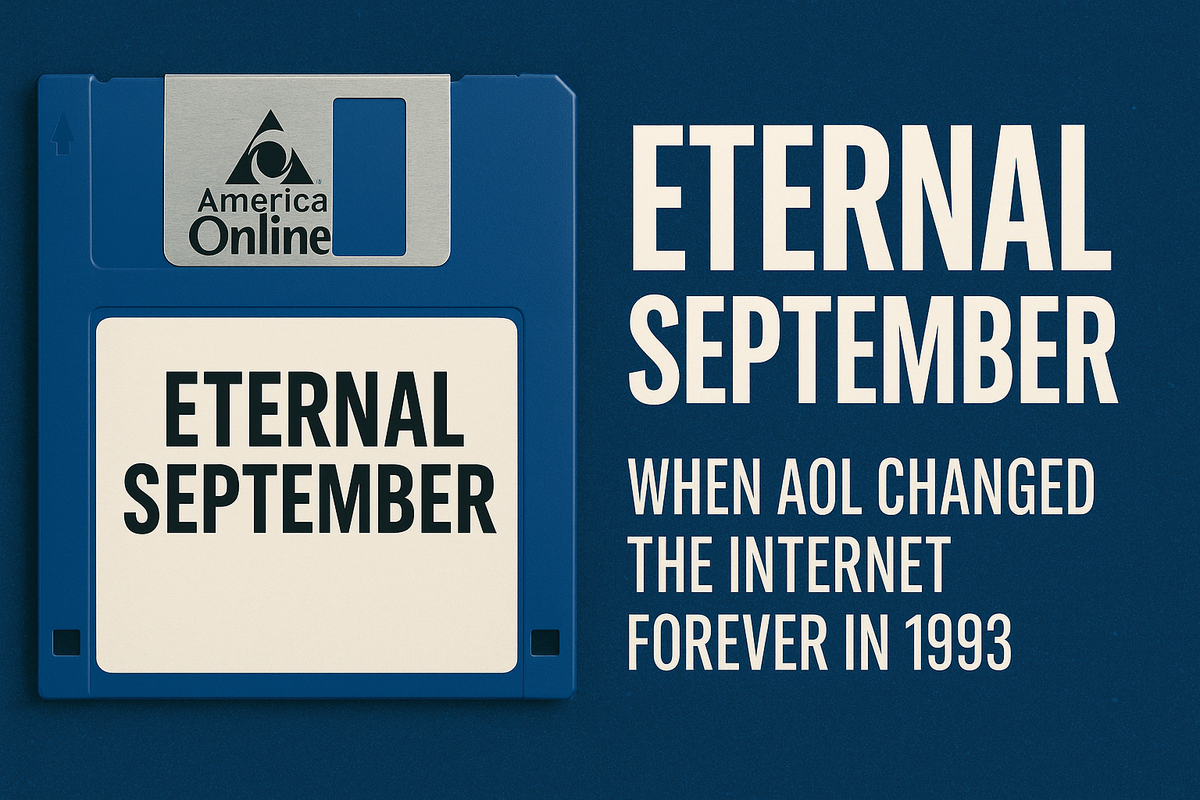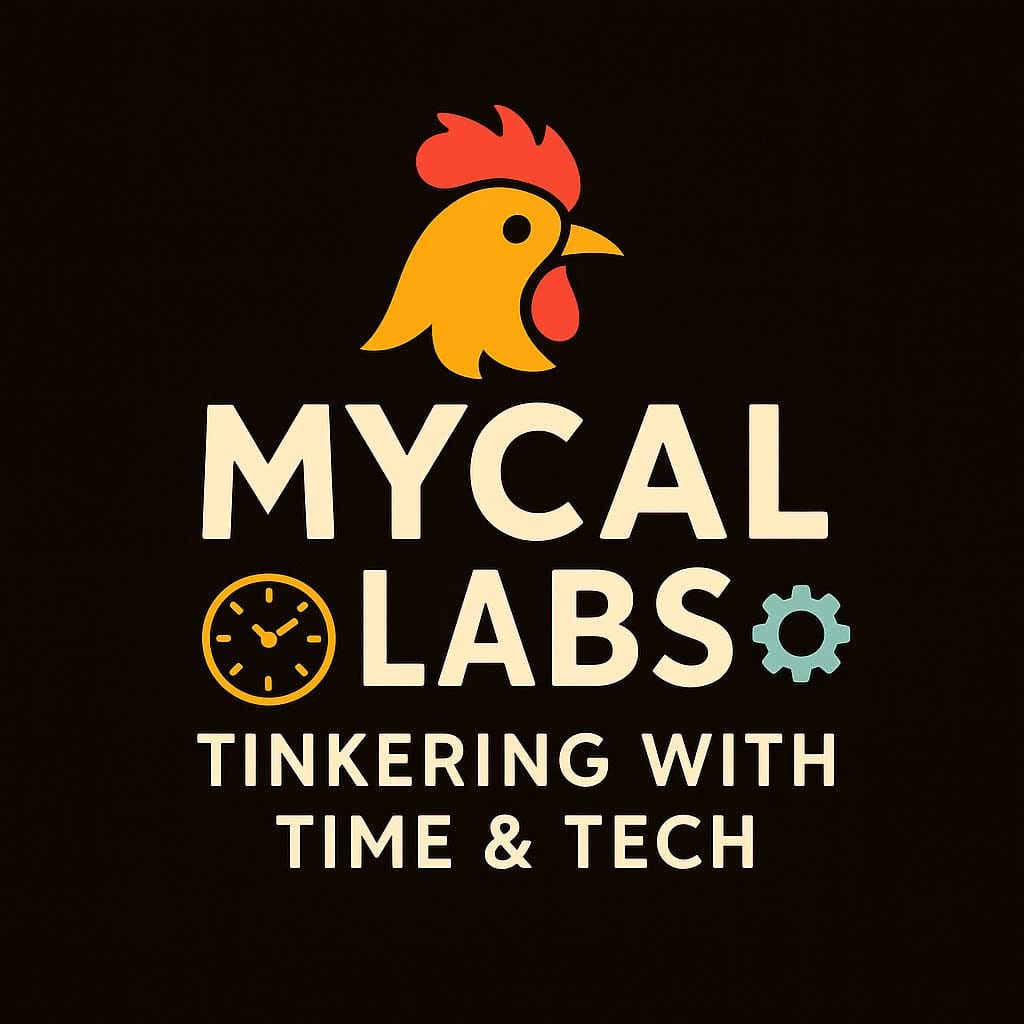The September That Never Ended: How AOL Changed the Internet Forever in 1993
Discover how AOL's 1993 Usenet access triggered "Eternal September"—the moment online culture shifted forever. A firsthand look at the Internet’s turning point.

Tinkering with Time, Tech, and Culture #2
— Dave Fischer, alt.folklore.computers, 1994
Stepping back into the digital ether, one of the first ghosts that flickered into my peripheral vision was the collective memory of a specific, pivotal moment. A moment some of us call "The September That Never Ended." Or, more clinically, Eternal September.
If you were there, you know exactly what I mean. If you weren’t, consider this a field guide to ground zero of the Internet’s population explosion.
Every September, back in the pre-1993 Internet, something predictable happened: a wave of new college students would get access to Usenet. They came in clueless, often unaware of netiquette, the norms of quoting, threading, and staying on topic. For a few weeks, chaos reigned—until they adapted. The culture absorbed the newcomers, and equilibrium was restored by October.
Before 1993, the Net—specifically Usenet—felt like a sprawling, chaotic, but mostly self-regulating town square. It was messy, sure: raw text scrolling past, arcane newsgroup names like comp.os.linux.announce or alt.fan.pratchett. But the denizens? They knew the tin or trn newsreader commands. They understood netiquette. They'd battled .plan files and finger queries. We connected via UUCP—Unix to Unix Copy—universities exchanging data over hardline or dial-up connections, sometimes calling nodes in another state just to get mail and news feeds.
It was, in its own way, a meritocracy of bytes, where engagement was earned through effort.
Then came September 1993.
America Online—the king of the Online Service Providers—decided its millions of subscribers deserved Usenet access. Just like that. No primers on quoting. No etiquette guides. Just a shiny GUI button labeled "Internet."
And the flood began.
It wasn't a trickle. It was a deluge. Every newsgroup, every quiet corner, was suddenly inundated with messages that violated every unspoken rule: massive block quotes, top-posting (shudder), endless signatures, off-topic rants, and the dreaded “me too!” replies.
The signal-to-noise ratio plummeted like a lead balloon. Technical debates became shouting matches. Niche discussions drowned in static. It felt like someone had dumped a billion tons of noise onto our perfectly tuned shortwave bands.
We, the so-called "old guard"—the ones who'd been there since the PDP-11s hummed, who knew what a null modem cable was really for—we saw it happening in real time. We witnessed a culture shift. A degradation of discourse. It was the first time many of us grappled with the idea of critical mass in a network: not just the number of users required to make it useful, but the number at which it becomes something else entirely.
It wasn’t all bad, of course. More people online meant more ideas, more voices, more potential connections. But the innocence was gone. The quirky, self-governed vibe had been replaced by something louder, faster, and far more chaotic. It set the stage for everything that came next: commercialization, walled gardens, flame wars, and the constant algorithmic fight for attention.
"The September That Never Ended" wasn’t just a month. It was the moment the Internet shed its academic skin and became, irrevocably, a mass medium.
And for those of us who built the early roads, it was the first time we truly understood the double-edged sword of ubiquity.
We knew it then, deep in our blinking terminals.
The game had changed. Forever.
